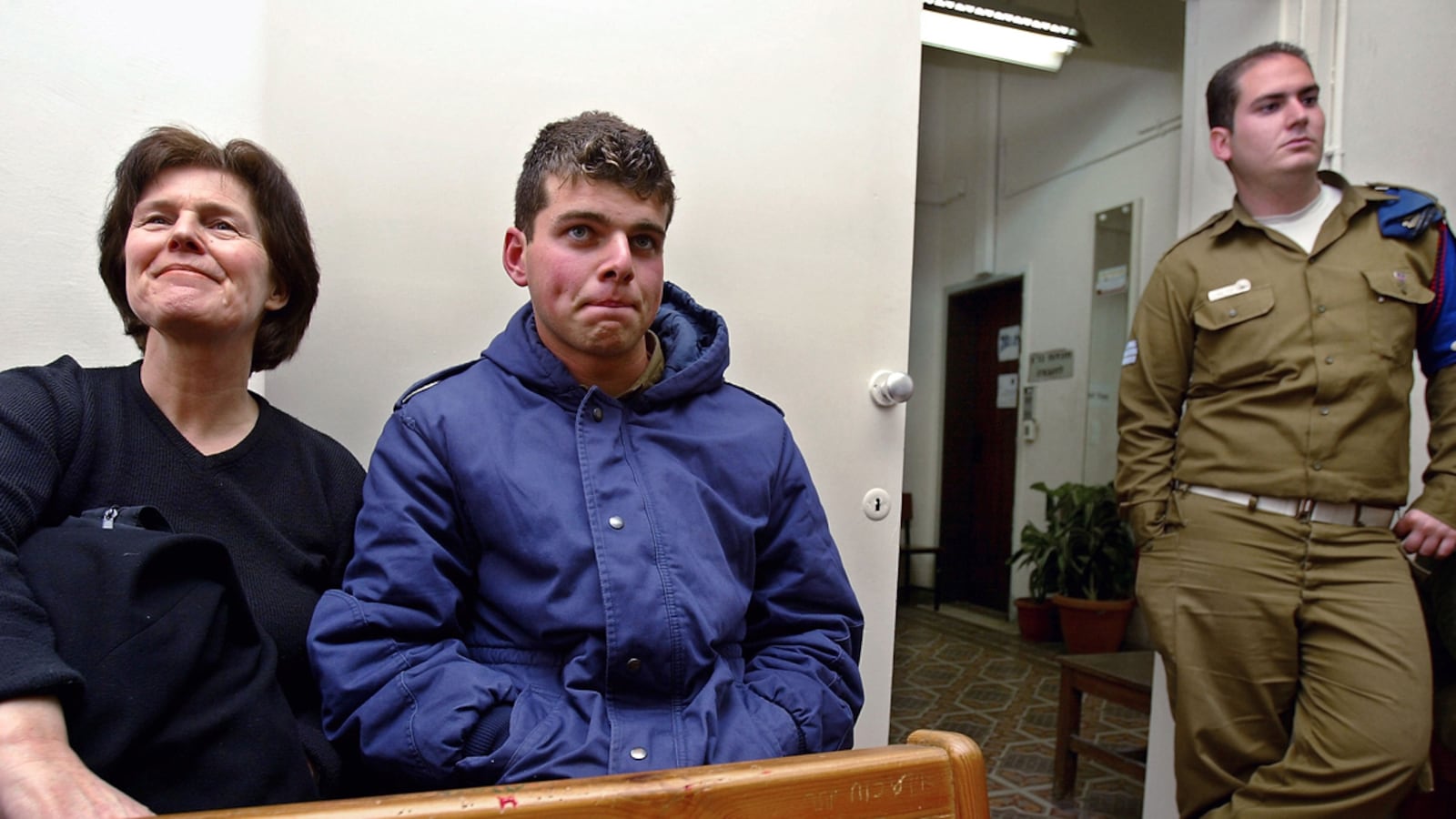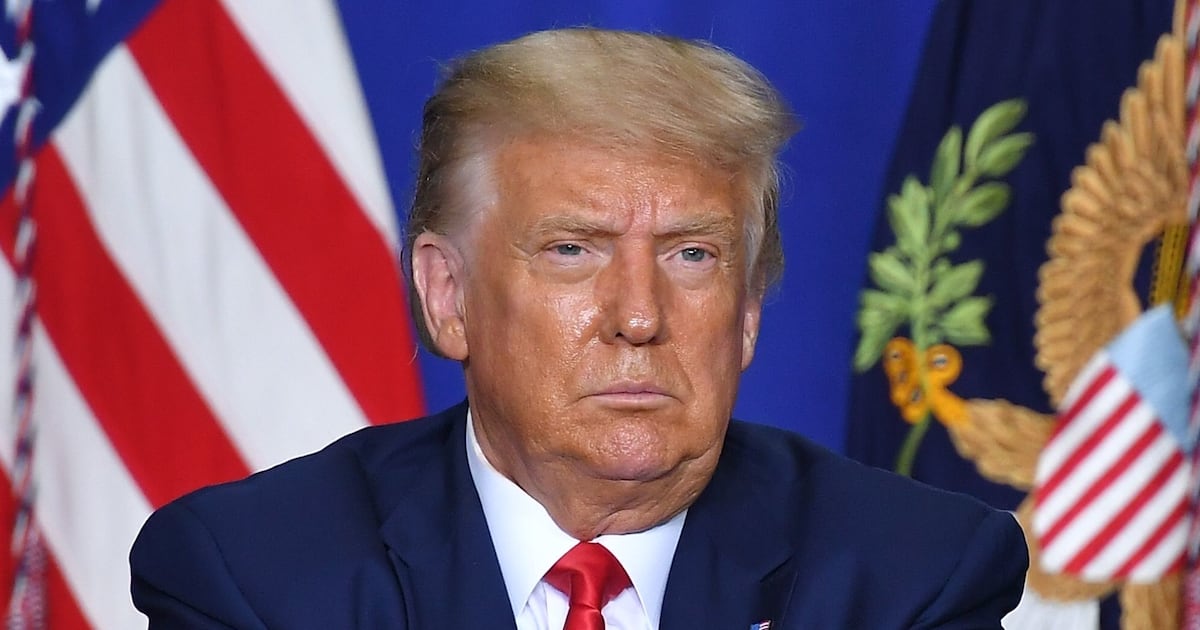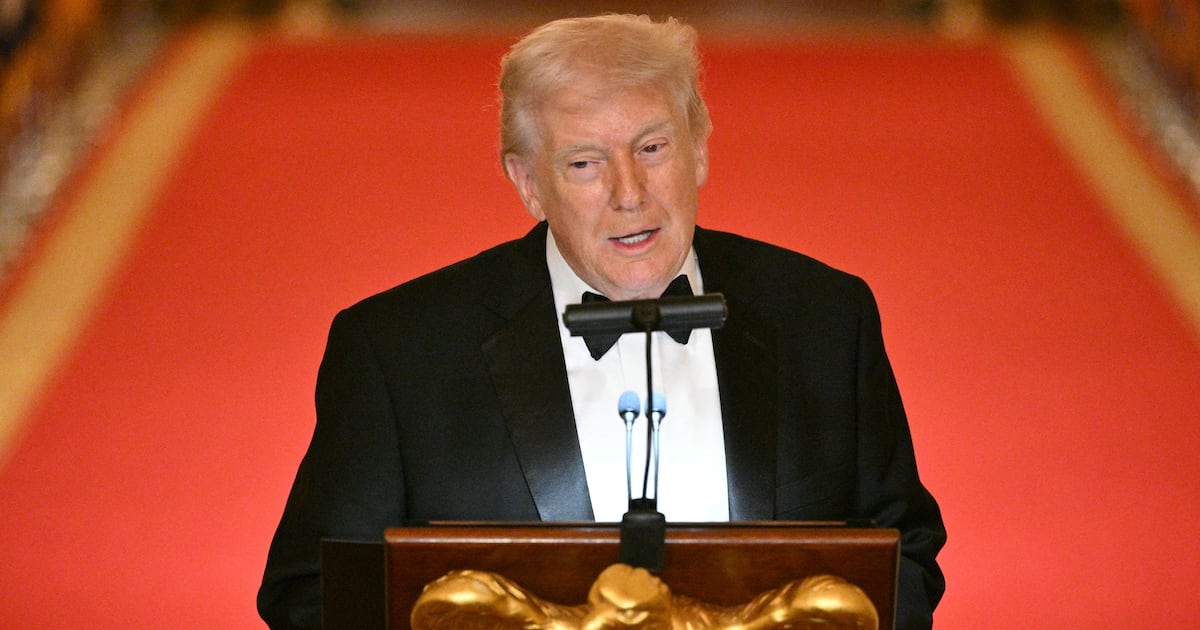Exactly ten years ago I was imprisoned for my refusal to enlist in the Israeli military. This marked the end of a three-year losing legal battle in Israeli court to have conscientious objection recognized as an option for military service. It was the beginning of an ongoing struggle to save my country from its inevitable demise. Like a drug-addict, Israel needs an intervention. It is addicted to the military; blind support does it no good.
Growing up in Jerusalem I was exposed to the widest possible spectrum of beliefs, religions and political views. With ancestry dating back nine generations in the region, I really felt like I was a part of it all. But as I grew older I discovered more and more people who were being pushed out. More and more people who were being put behind walls. In particular: Palestinians. Some of them were friends whom I could no longer see. I found it unsatisfactory to blame the occupation for all of this. I see the occupation as no more than a symptom. The underlying disease that caused it was the military, the militarization of Israel. The Israeli national motto should be “if you can’t do it forcefully, apply more force” is, unfortunately, a way of life. The only problem is that, with enough pressure, all things eventually break. And this is why I am a pacifist.

When I received my first draft notice during my senior year in high school, I declared that I was a pacifist and wouldn’t join the military. I was referred to a “conscience committee.” This committee—made up entirely of military officers—is supposed to decide whether or not you’re a pacifist. And so, by the standards of this committee, there were an unsurprisingly minuscule number of official pacifists in Israel, and, it turns out, I was not one of them.
When I was imprisoned for the first time, I didn’t know that it would take a year and a half for me to regain my freedom. And for the duration I lived in a parallel universe to the one I knew on the outside. Mid-ranking officers controlled every aspect of my life and their arbitrary decisions had no oversight. It seemed that due process was a distant dream. When I arrived at the induction center for the first time and declared my refusal to enlist one of these nameless officers sent me straight to prison for a month, no questions asked. Upon release, I had to report to the induction center again, and, after refusing once more, I received another month behind bars. After seven such times, someone higher up decided to up the ante: I was court martialed
An Israeli court martial has many of the characteristics of a real legal process in a developed country in the 21st century: lawyers, a courtroom, clerks, even judges! Three of them. So what if they are all officers, and only one of them has formal legal training? After a year-long trial, during which I was held in detention, I was sentenced to a few more months in prison, though far less than the three years the prosecution had asked for. The tables finally turned after the Supreme Court released me following an appeal. In their decision they wrote that there was some chance I was a pacifist after all.
Make no mistake, I was not released because the Supreme Court justices saw the light. I was released because my case, already a farce, became too much of a liability for Israel. With mounting pressure from organizations such as Amnesty International, the International Federation for Human Rights and the UN Working Group on Arbitrary Detention, and in light of growing international media coverage and interest around the world, it seems more likely that they just wanted the case closed.
In the last few years, while pursuing my graduate studies at Brown University, I learned a lot about the American discourse concerning Israel, and, in particular, the discourse within the Jewish community. While there were some very liberal student organizations, I was surprised by the number of so-called “pro-Israel” groups. I’ve had some of my most unpleasant exchanges about Israel (where I was accused of being a self-hating Jew) in Providence, not Jerusalem.
The left, right, religious and secular all seem to agree on one thing: Israel is facing tough times. I cannot envision the political entity that will exist fifty years from now in the geographical area where Israel and Palestine exist today. It is simply beyond the capability of my imagination. And it’s not just me; most of my friends—regardless of their political views—can’t tell you what the future holds, even on the most basic level.
There is no such thing as “support for Israel,” as these groups purport. The only real thing, the only thing that can help guarantee the safe future of Israelis, Palestinians, and all other peoples of the region, is support for justice. As with any government, what the Israeli government does is sometimes unjust. When it is, we must call them out like we would any other body. We may yet be able to fix things so that when my friends and I try to imagine what things will be like in fifty years, we can smile.






